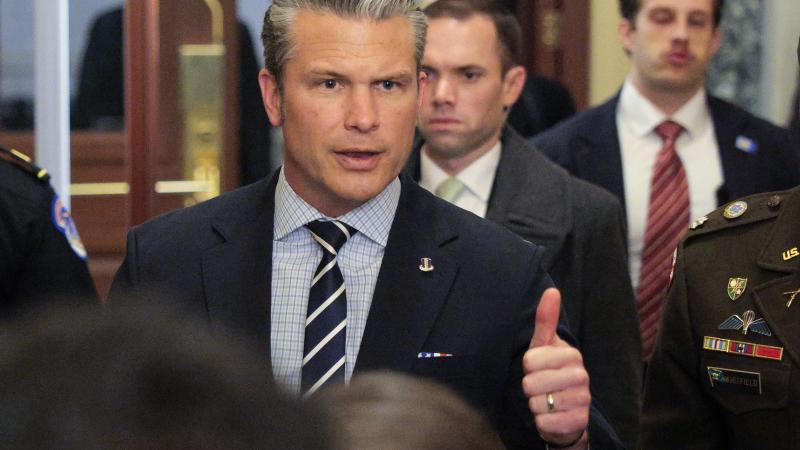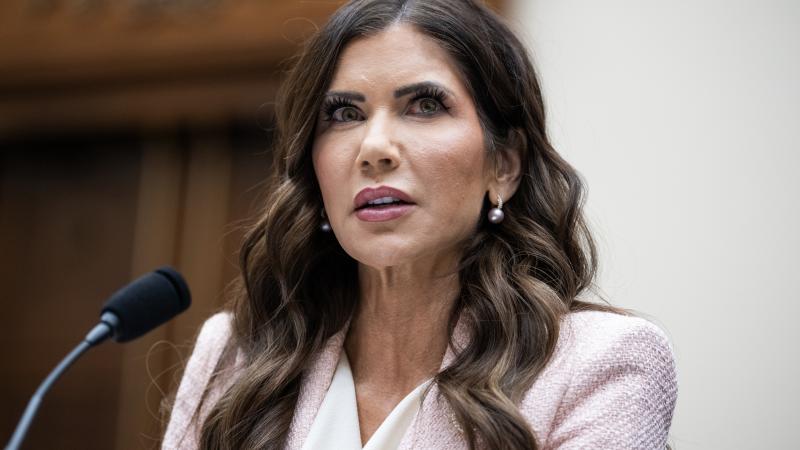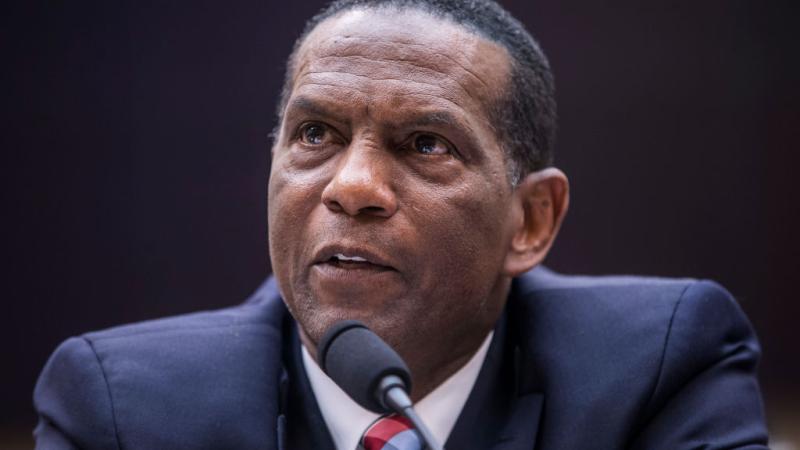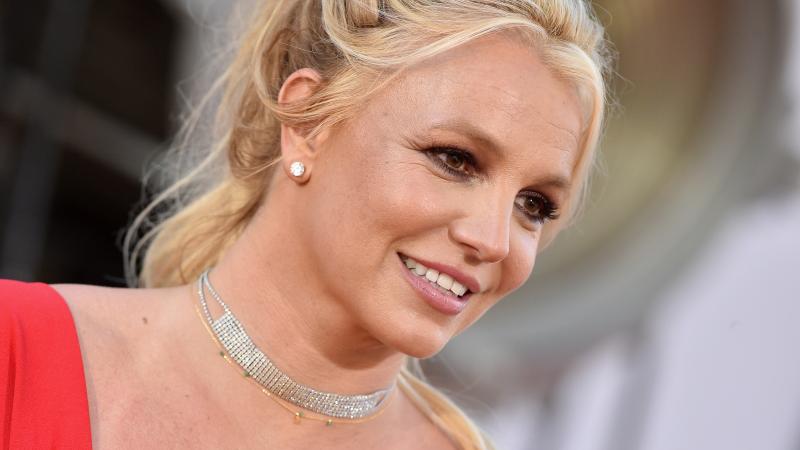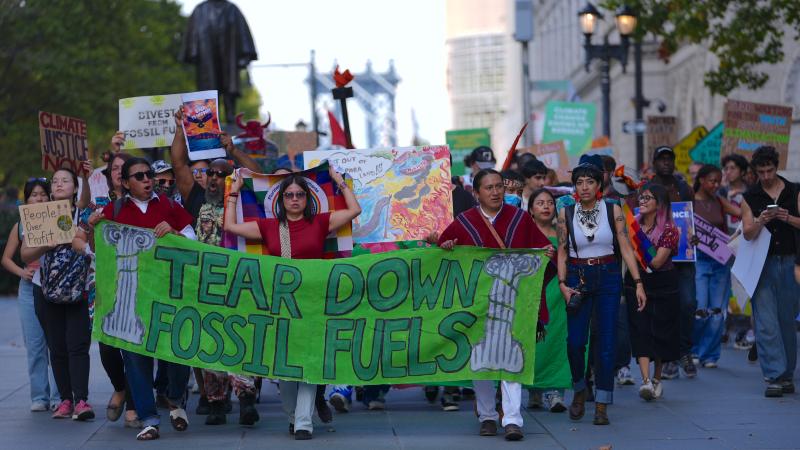China creeps onto US doorstep with attempt to establish apparent Caribbean satellite state
China's planned actions in the Caribbean island nation of Antigua and Barbuda may be signaling its plans for the rest of the Western Hemisphere.
China is taking a page out of the U.S. historic playbook by flexing its economic and military muscles in the Western Hemisphere, with the goal of pulling U.S. neighbors to its side. New documents show that Beijing appears to be attempting to establish its own satellite state in the Caribbean.
The U.S. has long reigned supreme in the Western Hemisphere since the signing of the Monroe Doctrine in 1823, but China has been "exploiting a fragile security environment and taking advantage of the region’s need for economic investment to gain influence and advance its malign agenda" in a move that challenges U.S. hegemony in the Americas, U.S. Southern Command Comm. Gen. Laura Richardson recently told Congress in written testimony.
China's planned actions in the Caribbean island nation of Antigua and Barbuda may be a bellwether for its plans for the rest of the Western Hemisphere.
Rep. Eric Burlison, R-Mo., a member of the House Oversight Committee proving China's incursion inside the U.S. sphere of influence, told Just the News on Monday night that Beijing's aggression in the Caribbean reminded him of the Soviet's intervention in Fidel Castro's Cuba more than a half century earlier.
"It reminds me of Russia's involvement in Cuba, just 220 miles off the shore of the US Virgin Islands. We have Antigua. It used to be considered the United States back yard. Unfortunately, today, it's China's front yard," Burlison told the "Just the News, No Noise" television show. "And China has used the united front to enter into loan agreements and contracts to create trade zones within Antigua in order to gain a foothold into the Caribbean."
"And this is just part of their efforts around the globe, whether it's in African countries or Laos. They're they're creating a network to try to undermine the U.S. dollar and try to end run around some of our tariffs and other programs," he warned.
On the island of Antigua, located about 220 miles from the U.S. Virgin Islands, China is planning to establish a special Chinese-run economic zone, according to documents reviewed by Newsweek.
The area will have its own customs and immigration facilities, a shipping port and it will even issue passports, per the documents. China will also establish different kinds of businesses that will specialize in things from facial surgery to virology, the latter of which is closely associated with the research in Wuhan that is the suspected source of the COVID-19 pandemic.
A spokesperson for SOUTHCOM said that the U.S. military is "aware that China may use its commercial and diplomatic presence for military purposes. In Asia, Africa and the Middle East, China has already abused commercial agreements at host-country ports for military aims; our concern is they may do the same in this region."
More than two-thirds of the 31 nations under SOUTHCOM's responsibility have signed onto China’s belt-and-road initiative, which is Beijing’s program to lend money to developing nations to use for infrastructure projects.
Several nations have had problems with repaying such loans, resulting in Beijing seizing the country's assets. For example, Sri Lanka struggled to pay back Beijing in 2017 and instead signed off the rights to a strategic port, according to Foreign Policy.
China may pose the largest security threat to the U.S. since the Cuban Missile Crisis, and some officials warn that a new Cold War is already happening.
"The United States is in a Cold War with the Chinese Communist Party," Michael Sobolik, an American Foreign Policy Council senior fellow, told the "Just the News, Not Noise" television program last week. "America is losing that Cold War."
The Biden administration has not been helping matters either, Sobolik said. "The Chinese Communist Party is trying to win a Cold War. And if you look at the high-level diplomatic overtures that the Biden administration has repeatedly sent to Beijing over and over and over again, they have tried to secure these dialogues, at the expense of holding the party – the Chinese Communist Party – accountable for its worst behavior," he said.
Giving an example of a lack of accountability, Sobolik cited the administration's response to the Chinese spy balloon that floated across much of the continental U.S. last year. He said that the Biden administration "tried to cover up" the balloon, although the White House previously disputed the allegation.
Meanwhile, Antiguan Prime Minister Gaston Browne told Newsweek that his nation turned to China because Western countries were not helping.
"I see China, though, as a country that stands on truth, and a country that, you know, at least has some level of empathy for small states, and generally for poor and dispossessed persons globally," he said.
Browne's critics accuse him of surrendering the country's sovereignty to China.
"I think China wants a foothold in more strategic places, as a superpower," said Gisele Isaac, chairwoman of the United Progressive Party, which is opposed to Browne's Antigua and Barbuda Labour Party.
"I think that this administration has become, and that's our concern, overly reliant on one partner, that partner being China," Isaac also said.

